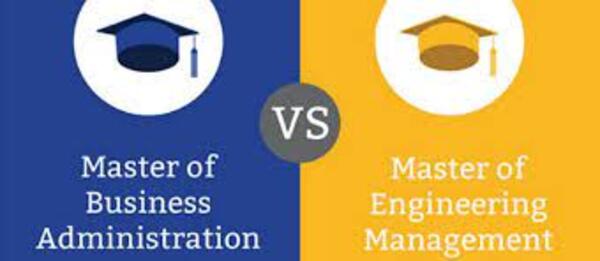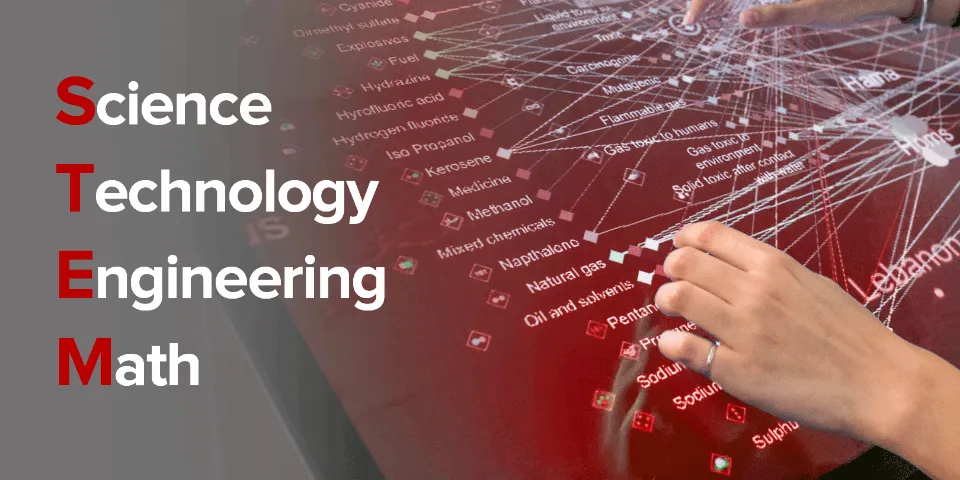Here are some examples of how an MBA and an executive MBA differ from one another so you can decide which program is best for you.
You might be wondering exactly what the distinction between an MBA and an executive MBA is if you’ve been considering your options for a graduate business education. Both of these programs are offered by many business schools, and they each have unique target audiences, qualities, and benefits in the long run.
After reading about five significant differences between MBA and executive MBA programs, you can choose which one is best for you at this stage of your professional career.
MBA
If students decide to enroll in a part-time MBA program, the typical two-year program can be extended to three or four years. An MBA, which is essentially a general management degree, does not require applicants to have professional work experience; however, as part of the admissions process, prospective students are typically required to take the Graduate Management Admission Test (GMAT).
It is challenging to keep a job outside of the MBA program because full-time MBA students have full-time, demanding schedules. MBAs can specialize in areas like finance, marketing, and entrepreneurship in addition to core business basics classes, and they typically get to pick when to enroll in a class.
Executive MBA
While an EMBA program is also a two-year course of study, it is designed for business executives with at least five years of managerial experience. The average student is 38 years old.

However, business rock stars—prodigies, quick ascents, valuable executives that the company wants to keep, and perhaps one or two real-life rock stars—might not have to put in that much effort. EMBA students typically attend classes on Fridays and weekends while continuing to work their full-time jobs.
Classes for EMBA students move more quickly, but the same material is covered. Fewer electives are offered by programs, and most, if not all, of the classes that students take, are with the same classmates. If you can’t stand working with the people you’re grouped with, this is great for networking but not so great.
Key Differences: EMBA Vs. MBA
Beyond the distinction between full-time and part-time programming, the main difference between the two types of programs is the executive MBA’s less immersive experience. There is something to be said about the full-time immersion of a traditional MBA program, even though EMBA candidates will still learn a lot and make connections.
In light of the fact that both the MBA and the EMBA are accredited, which is more impressive and the better option? Continue reading to learn the key distinctions between the two and, more importantly, which is more likely to be important to you in your career.
You Might Also Like:
- MPA Vs MBA: Which is Your Choice?
- Master in Finance Vs MBA: Which is Better to Get?
- Engineering Management Vs MBA: What’s The Difference?
Admissions Requirements
The prerequisites for the two degrees vary because they are tailored to professionals at different stages of their careers.
EMBAs are designed for managers with extensive work experience – generally in the range of 10 to 15 years – so Through the variety and caliber of their prior work experience, EMBA candidates frequently set themselves apart from other applicants.
Additionally, standardized entrance exam results may not always be required, although some schools run their own in-house tests and others have signed up for a version of the GMAT aimed at EMBA applicants. This is because it is assumed that EMBA applicants will have already acquired extensive business knowledge during the course of their careers.

For full-time MBA study, more emphasis is placed on GMAT scores can help distinguish candidates during the selection process (in addition to application essays). In terms of management experience, full-time MBA programs typically require between three and five years of prior work experience, though this can change depending on where in the world you wish to study.
Top-ranked schools’ MBA and EMBA programs require at least one, if not several, letters of recommendation for admission. F
or the executive A work-study balance will affect the candidate’s performance in the program (and at work), so it is crucial for MBA applicants to demonstrate that their current employer supports their decision to pursue the degree.
This holds true both for applicants who have their employer sponsor them as well as for those who do not, as it is likely that an EMBA program will require arranging some flexibility or even time off to attend classes.
Since most programs are taught in English, with the exception of the MBA and EMBA, international students are additionally required for both programs to demonstrate English proficiency with a test like the TOEFL (Test of English as a Foreign Language).
Time Required
Conventional MBA programs come in a wide range of sizes and formats, and several universities provide a selection of timing options to meet the needs of all prospective students.
The most significant time commitment is made by full-time residential MBA programs, which call for students to live on or near campus and enroll in all of their classes in person. This may mean that students must put their careers on hold in order to complete their degrees.
To make it easier for working professionals to fit their studies into their busy schedules, traditional MBAs may also be offered in part-time, evening, flex, or fully online formats.
Executive MBA programs are typically scheduled with as little actual class time as possible because they are designed for students who hold a significant number of professional responsibilities (and frequently more personal responsibilities as well, as the advanced starting age of executive MBA students can also mean they often have more established family lives). These programs typically require attendance 1-2 days per week, typically on the weekends.

The Whole Cost
Executive MBA programs can be rather expensive, much like the lifestyles of the business leaders who bear their names. They frequently involve frequent flights, pricey hotel stays, and networking at upscale restaurants because there are so few of them in the nation, and their students are either very well-off or supported by their employers.
The total cost of an executive MBA program can exceed $200,000 when you factor in these costs and program tuition. Many business schools charge a fee that covers the cost of each of these activities and components individually.
While conventional MBA programs at the most expensive universities in the nation can approach this staggering sum, there are many opportunities to receive a top-notch business education at a fraction of the price, many of which include opportunities for financial aid.
If the total cost worries you, look into online programs in particular. You’ll be able to save a lot of money on potential travel and relocation expenses.
In light of everything stated above, it’s critical to keep in mind that investing in your education can yield significant returns on your professional development.
Increased pay, career mobility, a wider network, improved skills, and access to all the resources of an entire university are just a few of the benefits you can expect. You should focus your search on programs that have a track record of producing beneficial results.
How to Choose Between An MBA and An EMBA?
The basic things that you need to remember and that might help you decide are:

- Unlike EMBAs, which require students to attend classes on the weekends and in the evenings, MBA classes typically have a set schedule.
- EMBA students can easily juggle work and study because of the flexible class schedule.
- In comparison to EMBA students, MBA students have a wider selection of elective courses.
- Since EMBA students typically do not take electives, you can complete an EMBA in the same amount of time as an MBA.
You can find career opportunities in a variety of industries thanks to both study options, which give you special credibility in the business world. You aren’t only able to find employment in your country of residence because MBAs and Executive MBAs are recognized internationally.
An average salary for an MBA or EMBA graduate is between 90,000 and 150,000 EUR annually.
Conclusion: EMBA Vs MBA
The degree of immersion in the graduate school experience and the customization of classes toward a more seasoned group of students are often cited as the main differences between an MBA and an Executive MBA.
Because of their intensive, full-day schedules, full-time MBA students find it challenging to hold down a job outside of the program. Although this can result in less interaction on campus, executive MBA students typically maintain their full-time jobs and attend classes on Fridays and weekends.
Most prospective students will learn that they are a better fit for either the MBA program or the Executive MBA program during the research and application processes because of the factors mentioned above.
Some students, however, actually have a chance of fitting into both programs. In every case, it’s crucial for applicants to take some time to reflect on their top priorities and how each of these graduate programs fits with them.







